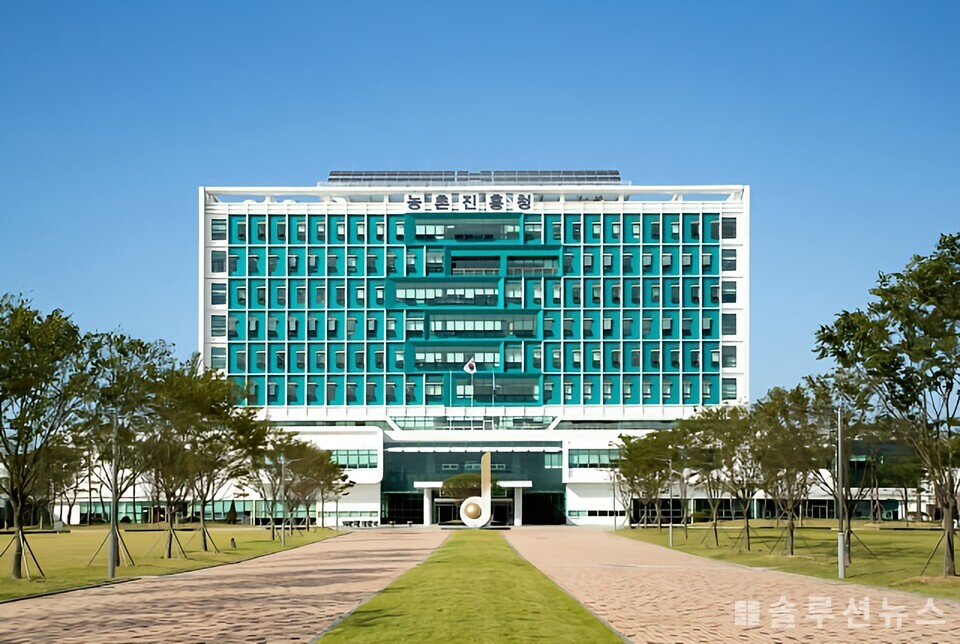In response to demographic changes such as the entry into a super-aged society and the expansion of single-person households, an international academic conference will be held to explore innovation and new directions in the livestock and food industry, in line with domestic and global food industry environments.

The National Institute of Animal Science and the Korean Society of Livestock Products Science will host the 57th Regular Academic Conference on the theme of “Innovation and Future of Livestock Products in Response to Demographic Changes” from May 22 to May 24 at the Daejeon Convention Center.
This conference aims to discuss how livestock product consumption patterns are changing along with demographic changes, and how these can be addressed in terms of technology and industrial structure. More than 400 experts from academia, industry, and research are expected to attend.
On the first day, the Ministry of Food and Drug Safety and the Ministry of Agriculture, Food and Rural Affairs will introduce trends in livestock product consumption and related policy directions. Experts from the United States, China, and Japan will then present customized meat and dairy processing technologies for the elderly and various age groups.
On the second day, the focus will be on future technologies such as alternative protein technology and smart manufacturing systems. New approaches such as microbiome-based functional foods, alternative meat products using 3D printing, and cell-cultured protein technology will be introduced. The National Institute of Animal Science will present cases such as whey upcycling and automation technology in slaughtering processes.
The last day will feature expert panel discussions and site visits. These sessions will discuss the feasibility of industrial applications and collaboration plans based on the technologies and policies presented.
This academic conference goes beyond simple technology development to focus on practicable solutions to respond to structural changes facing the livestock and food industry. Concrete strategies such as developing tailored products for the elderly, utilizing alternative proteins, and establishing smart distribution systems will be discussed, aiming to propose industrial transition strategies that can flexibly respond to changes in consumer demand.
“This event is an opportunity to discuss joint response strategies to the structural changes facing the livestock and food industry,” said Lim Ki-soon, Director of the National Institute of Animal Science. “It will drive the sustainable development of the livestock and food industry.”